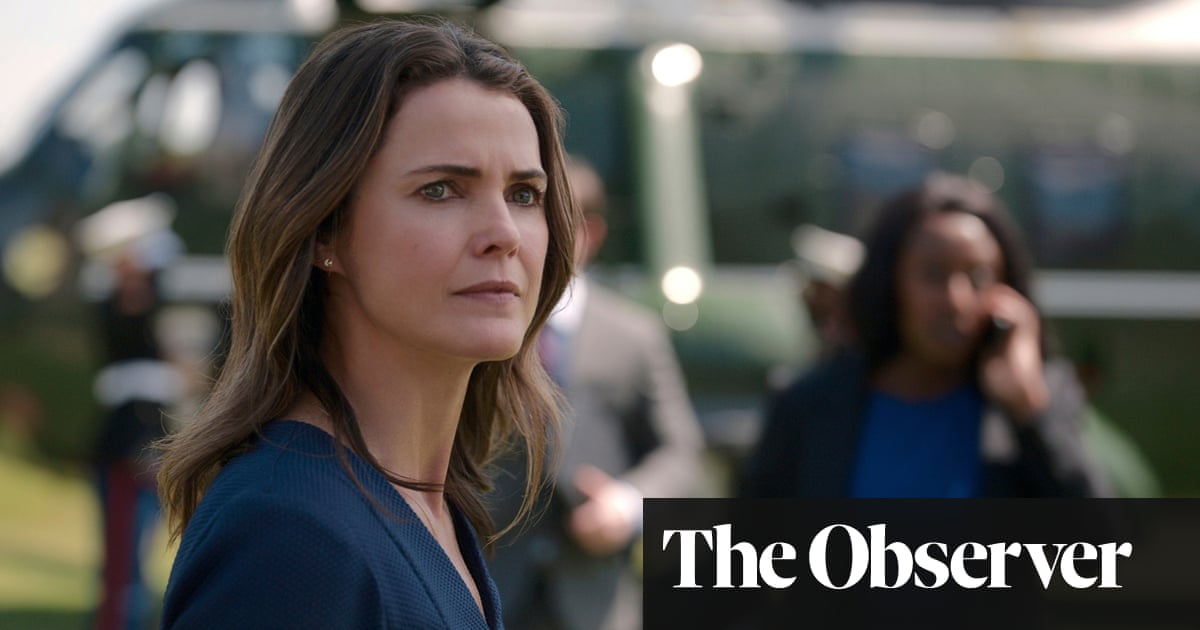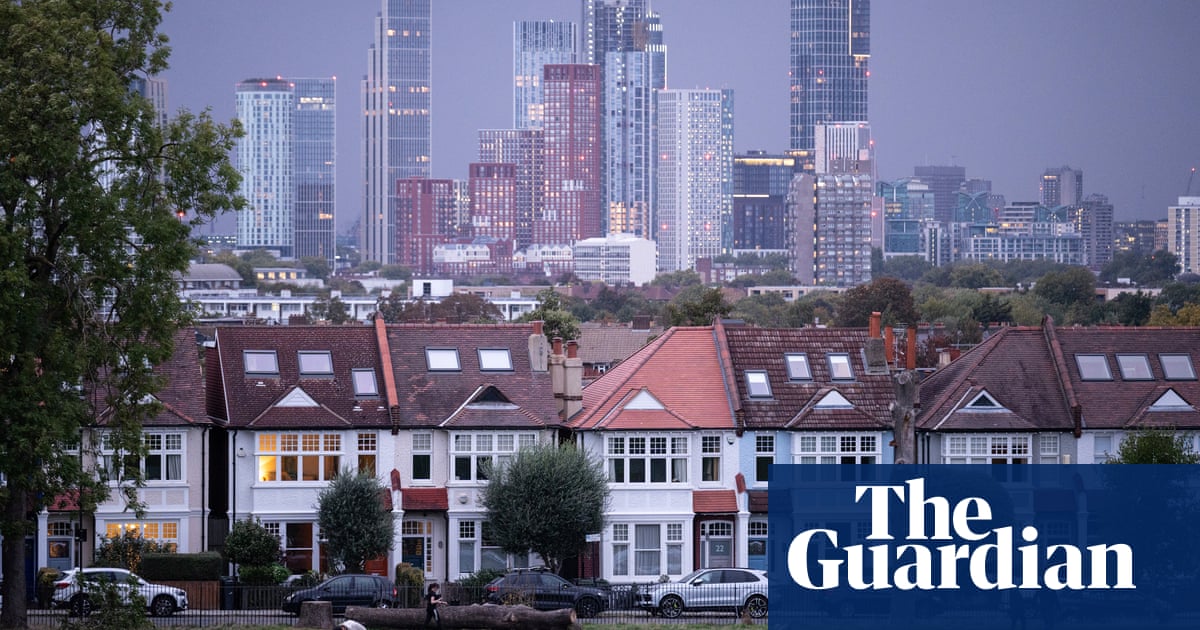
The Duke of York’s legal battle with his accuser Virginia Giuffre, which he settled out of court this week, was characterised by a years-long series of damaging and unnecessary PR blunders, experts have said.
His disastrous Newsnight interview, his ducking and diving to frustrate the serving of legal papers, and claims from “friends” that the infamous photograph of him with his arm around Giuffre’s waist was faked, all served to inflict further public opprobrium on the Queen’s second son, it was claimed.
The aggressive way Andrew fought the case, casting aspersions on Giuffre’s character, also attracted harsh censure from victims’ groups in the era of #MeToo, leading to a “volte face” when, in a joint statement issued this week, he said he had “never intended to malign” her.
Twelve years after he was photographed with the sex offender financier Jeffrey Epstein in New York’s Central Park, Andrew has been stripped of his patronages and titles. And though he has made no admission of liability and has repeatedly denied Guiffre’s allegations he had sex with her on three occasions when she was 17 and had been trafficked by Epstein, he has agreed to pay her an undisclosed sum, reportedly as high as £12m.
“The Emily Maitlis Newsnight interview was like being in a comedy clown car with a lit cigarette driving into a fireworks factory,” said the PR agent Mark Borkowski. “I don’t believe anyone in the profession that I know would have advised him to do the Maitlis interview.
“But he thought he could roll with it. He thought he had the charisma. And he thought that he had his own story. It’s an archetypal psychopathic reaction to the fact you are not accepting [the situation].”
Andrew’s claims in the 2019 interview – that he was at a Pizza Express in Woking and that he had a condition that prevented him from sweating – were absolute gifts to social media, spawning hundreds of memes.
His denial that he had thrown a birthday party for Epstein’s then girlfriend, and now also a convicted sex offender, Ghislaine Maxwell, insisting it was just a “straightforward shooting weekend”, showed how wide the chasm was between him and the public he was attempting to persuade.
“He gave so many soundbites,” said Borkowski. Andrew should have looked to his mother for PR advice. The Queen’s statement that “recollections may vary” in response to claims made by Harry and Meghan in their Oprah interview was a masterclass “in what it said by saying so little”, said Borkowski. “And that is the art of dealing with a crisis.”
Missing from Andrew’s Newsnight interview, and immediately seized on by commentators, was any acknowledgment of Epstein’s victims. It took the joint statement, made earlier this week, for him redress this by accepting that Giuffre had suffered “as an established victim of abuse”.
Missing, too, was any expression of regret over his decades-long friendship with Epstein, who at the time the two were photographed had served 13 months for soliciting and procuring a minor for prostitution. Again, it took this week’s statement for Andrew to promise to “demonstrate his regret for his association with Epstein by supporting the fight against the evils of sex trafficking”.
He did apologise in the interview, not for his relationship with Epstein but for its impact on the royal family. “We try to uphold the highest standards and practice,” he said, “and I let the side down, simple as that.” If he was guilty of anything, added the duke, it was of being “too honourable” in choosing to visit Epstein to break off their friendship in person.
PR experts would hope in such crisis interviews their client would answer questions and address the facts put to them in a way that persuades viewers to interpret those facts in the way you want. A declaration that it’s “just not true” is not enough. “You have to be very certain about how the audience will look at your reactions to a negative comment. And I think another blunder he made was underestimating, not just the media, but … the actual public and … the power of social media,” said Borkowski.
Given the out-of-court settlement agreed in principle, which has spared Andrew the ordeal of cross-examination on his private life before a jury, Maitlis said this week her interview “may be the only testimony” we will ever get directly from the duke. She is far from alone in now finding it difficult to marry his three words to her – “it didn’t happen” – with his decision to pay millions to a woman he has said he had no recollection of meeting.
There are questions, too, over the aggressive tactics used by Andrew, especially in the #MeToo era.
His apparent attempt to frustrate the serving of Giuffre’s legal papers did not play well. “It was unedifying, it looked ridiculous. But, more than a PR disaster, he was annoying the court,” Nick Goldstone, a lawyer at the disputes resolution firm Ince, said.
Andrew’s defence document was “ludicrous in parts”, saying he was unable to answer questions such whether he had been habitually photographed at social events with Maxwell for lack of sufficient information, Goldstone added.
Suggestions from “friends” of Andrew that the photograph of him with his arm around Giuffre’s waist was faked were “high risk”, especially as he did not have the original photograph. His claim of an inability to sweat, and the Pizza Express alibi, were ridiculed. Photographs were published allegedly showing him sweating on other occasions. His security team should have records of any Pizza Express visit – “so, produce those at the time you make the allegation”, Goldstone said.
Andrew’s US legal team “could only play with the cards they were dealt” and on the instructions they received from their client, he said. And, by the time they took on the case, options for the prince were diminishing.
The attacks on Giuffre’s character, accusing her of seeking a “payday” from Andrew, and attempts to introduce in to evidence a US tabloid story describing her as a “money-hungry sex kitten” who recruited young women for Epstein, have also been criticised.
“He took an enormous decision to actually be aggressive. It’s different now, particularly when you are so behind the eight ball you’re snookered. And you come out fighting in the wrong way. His team did all the wrong things really really well,” said Borkowski. It backfired, and Andrew then had to say he did not intend to “malign” Giuffre. “A volte face,” said Goldstone.
But perhaps the biggest blunder was not settling earlier, and only agreeing to after his attempts to have the case struck out failed, Goldstone said. Pinning hopes on Giuffre’s 2009 $500,000 secret settlement with Epstein was “going to be the trump card”. “But in my view, that didn’t have a hope of getting him out of this case.”
Borkowski said: “The bottom line is, if you are representing somebody, or in particular if you are running a crisis campaign, you can give as much good advice as a PR person, but it’s whether the client, whether the person at the centre of the whirlwind, actually accepts it. And I think through all of this, this has been heavily laden with hubris.
“I think I would have gone for the route of settlement, the route of arbitration. That was needed all the way down the line. There needed to be more jaw jaw, less war war.”












